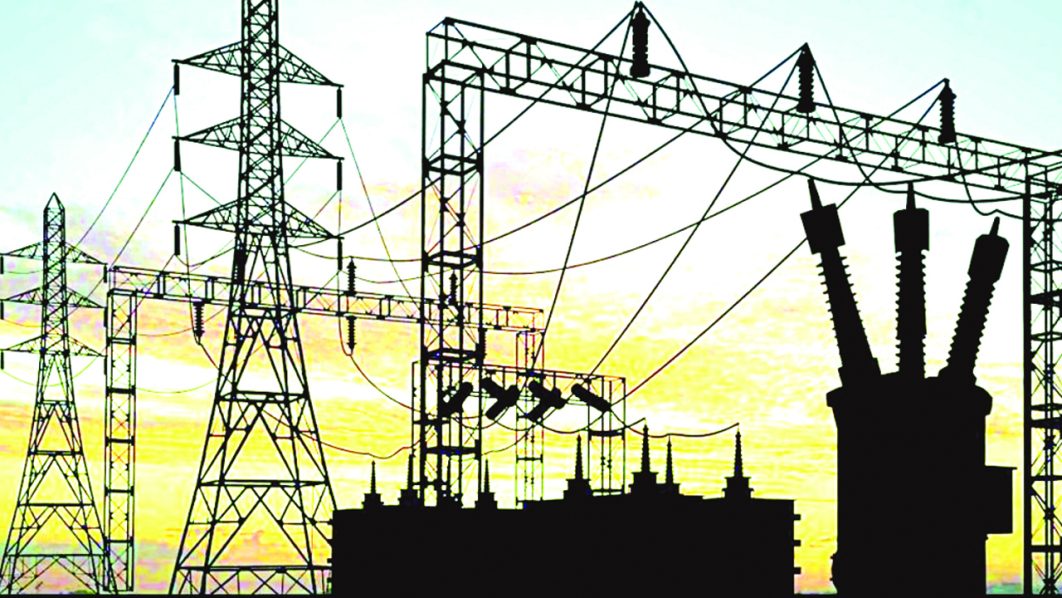
The German government and the European Union, EU has supported Nigeria with £17.9 million to expand off-grid electricity generation.
This comes as part of the Nigerian Energy Support Programme (NESP). Now in its third phase, the initiative will enhance access to renewable energy, promote efficiency, and boost rural electrification.
The EU noted the program aims to provide electricity access to 154,000 people and clean cooking gas to 30,000, alongside plans to generate 8 megawatts of renewable energy.
“As we launch this phase, 154,000 people will gain new or improved access to electricity, and 30,000 people will benefit from access to clean cooking gas,” stated Inga Stefanowicz, head of green and digital economy at the EU Delegation to Nigeria and ECOWAS.
She emphasized that Nigeria’s energy transition aligns with the EU’s vision of a sustainable power supply, calling it “a collective responsibility.”
READ ALSO:FG identifies cause of frequent grid collapse
This investment will breath a sign of relief when finally implemented, to Nigeria’s grid challenges.
Despite the huge investment in the power sector, the national grid has collapsed about 105 times under the administrations of President Bola Tinubu and his predecessor, Muhammadu Buhari,
Meanwhile, Johannes Lehne, Germany’s Deputy Ambassador, highlighted Germany’s commitment to Nigeria’s energy goals, saying, “Renewable energy investments are vital to diversifying Nigeria’s energy mix and decarbonising critical sectors outlined in the Energy Transition Plan.”
Initiated in 2013, NESP is a technical program co-funded by the EU and Germany’s Federal Ministry for Economic Cooperation and Development, with implementation by Deutsche Gesellschaft für Internationale Zusammenarbeit (GIZ) and Nigeria’s Ministry of Power.
Mahmuda Mamman, Permanent Secretary of the Ministry of Power, stressed the program’s impact, noting that earlier phases significantly improved rural access. “This third phase follows the successes of the first two phases,” he said, adding that NESP is key to expanding electricity to Nigeria’s 100 million unserved citizens.
The latest phase includes €9 million from the EU and €8.9 million from Germany, marking a substantial effort to address Nigeria’s long-standing power shortages and reliance on costly diesel generators.






